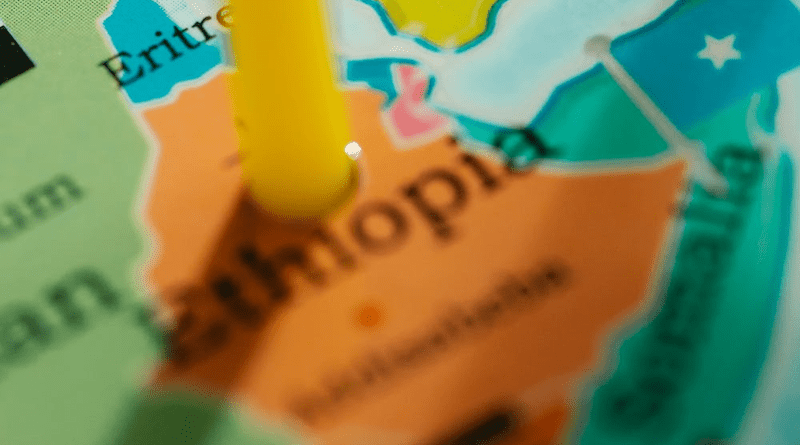Ethiopian ‘Fanoism’ is the country’s distinctive social mobilization which has historically been used to fight against foreign aggression. In Western European terms, its key tenets were understood as ‘total war’ -meaning the subjugation of all means of production and all able-bodied citizens into the war effort.
Such mobilization was particularly evident during the Fascist Italian invasion from 1936 to 1941, but there are other modern examples prior to that, such as the mobilization undertaken to defeat the Mahdist Sudanese army in the late 19th century. More recently, in the 1960’s, the EPRP used the “Fano Tesemara” slogan to instigate a domestic revolution against what it thought was a reactionary feudal order. A similar military mass mobilization was mounted during the Somali invasion of Ethiopian territory in 1977, although the effort was not designated as such.
With the advent of TPLF’s political ethnicism in 1991, pan-Ethiopian Fanoism was suppressed and the population has since been indoctrinated with the venomous and polarizing, disintegrative and secessionist mantra of ethno-nationalism.
The TPLF’s political ethnicism has now degenerated into ethnic hegemony and subjugation under the Abiy regime, which is currently waging a war of extermination against what it believes to be its main ethnic competitors -the Amhara- after coopting the former Ethiopian military and effecting a total state-capture.
In response to years of violent persecution, Amharas have invoked the longstanding Ethiopian military tradition of Fanoism to reverse the war of annihilation against them as well as the destruction of the Ethiopian state.
Abiy’s war has a hegemonic agenda and is now directed at the Amharas only out of expediency. In other words, the hungry regime will also seek and hunt other ethnic groups solely on the calculation that their existence in large numbers pose a threat to Abiy’s ethnic power-base. Nobody, in short, is safe from his appetite.
This should not be seen as the wanderings of a crazed despot. Far from it, this sort of ethnic persecution is the basis of the entire state-apparatus currently ruling Ethiopia, and for its long list of beneficiaries it is fundamental to ‘keep feeding the tiger’.
Which is why Fano offers the strongest opposition to this annihilating agenda. It is a pan-Ethiopian cultural and military concept that has historically included a wide range of peoples, from the Gurage, Welayeta, Afar, etc. No ethnic group in Ethiopia wants to be subjugated by any other ethnic group and therefore all the other ethnic groups should, rationally speaking, form their own Fanos and coordinate their military efforts with the Amhara Fano movement.
The current version of Ethiopian Fanoism now has the following major features:
1. Contemporary Ethiopian Fanoism is fighting not against direct foreign aggression as in the late 1930’s and early 1940’s but against domestic agents like OPDO, OLF and TPLF, who nonetheless derive vital support from foreign powers (United Arab Emirates, Turkey, Egypt…)
2. Fanoism is now fighting not against direct colonialism but against a system of ‘neo-colonialism’ that targets Ethiopia’s sovereignty and territorial integrity. The basis of this system is that a united Ethiopia will likely see the rise of a powerful Ethiopia that upsets the plans of foreign powers.
3. Contemporary Ethiopian Fanoism happens to be spearheaded by the Amhara Fano simply because they have endured the first round of Abiy’s death cult.
4. Ethiopian Fanoism today is a revolutionary movement aimed at overthrowing a malicious sectarian political order
- In collaboration with TG, my intellectual mentor






